Last week, the Women’s Academic Network (WAN) hosted an extremely powerful, thought provoking and very well attended, public engagement Q&A Panel discussion that brought together four eminent women scholars-of-colour from different minoritised ethnic groups, as well as a representative from the Bournemouth University Student Union (SUBU), to discuss one of the most urgent and critical issues of social justice facing HE today.
Our esteemed panellists were:
Professor Kalwant Bhopal, Professor of Education and Social Justice, Director of the Centre for Research on Race and Education, University of Birmingham.
Professor Ann Phoenix, Professor of Psychosocial Studies, at the Thomas Coram Research Unit, UCL Institute of Education.
Dr Samantha Iwowo, Programme Leader of MA Directing, Film and TV at BU.
Professor Gargi Bhattacharyya, Professor of Sociology at the Centre for Migration, Refugees and Belonging, University of East London
Ms Chiko Bwalya, Education Vice President of SUBU.
All our panellists work within the broad areas of racialisation/ethnicisation and brought their own particular research expertise, intellectual and experiential understandings to a grounded, candid and hugely resonant discussion of diversity in contemporary HE.
The VC, Professor John Vinney, opened the event with a most engaged and thoughtful address that skilfully foregrounded the panel discussion. All the speaker contributions were premised on the demographic evidence and perception that the UK academy is characterised by a homogeneity that fails to reflect social diversity, particularly in terms of ethnicity, gender and class. Moreover, the alarming lack of representation among minoritised ethnic groups in HE not only exemplifies a dereliction of social justice but is demonstrably counterproductive to the academy across every area of scholarly endeavour, including inclusive pedagogy.
The resulting discussion was varied and broad in scope, rich in concept, and profoundly analytical, where both the Athena SWAN and the Race Equality Charter under AdvanceHE were scrutinised by Professor Kalwant in reference to authenticity, equality and effectiveness. Intersectional differences and epistemic violence formed the basis of Professor Phoenix’s discussion, while Dr Iwowo closely considered decolonisation of curricula. Professor Bhattacharyya explored the vexed question of ‘What can we do when we are told there is no racism?’; and this in turn was followed by a talk from the youngest but no less impressive speaker, Ms Bwalya, on the impact on these deficiencies on the student experience.
Judging from the popularity of the event, the high level of engagement, the feedback and questions from a respectful but riveted audience this was not only a very timely occasion but one that was seen to make a hugely important contribution to HE debates on diversity. We were delighted that not only were so many key members of UET and BU present, but that this event had a very wide reach attracting an audience from right across the HE sector and the interested lay public as well. Through events such as these, WAN is additionally showing that the network has come-of-age in engaging with some of the most pressing agendas preoccupying HE today.
Accordingly, we would like to extend our deepest thanks and appreciation to all our panellists with a special acknowledgement to Dr Iwowo and Ms Bwayla for acting as the internal BU panellists, along with Professor Phoenix who is a Visiting Professor in the Faculty of Health & Social Sciences. We would like to very warmly thank the VC and all others members of UET for their support of WAN and their strong encouragement of the event, which was recognised as a truly excellent contribution to diversity and inclusion at BU. A final thanks to our great support team in IT, Communications, Events & Conferences for all their help in making this fantastic event happen.
Finally, if unfortunately, you missed the event but would like to learn more about it, please contact me for more information on scrabtree@bournemouth.ac.uk
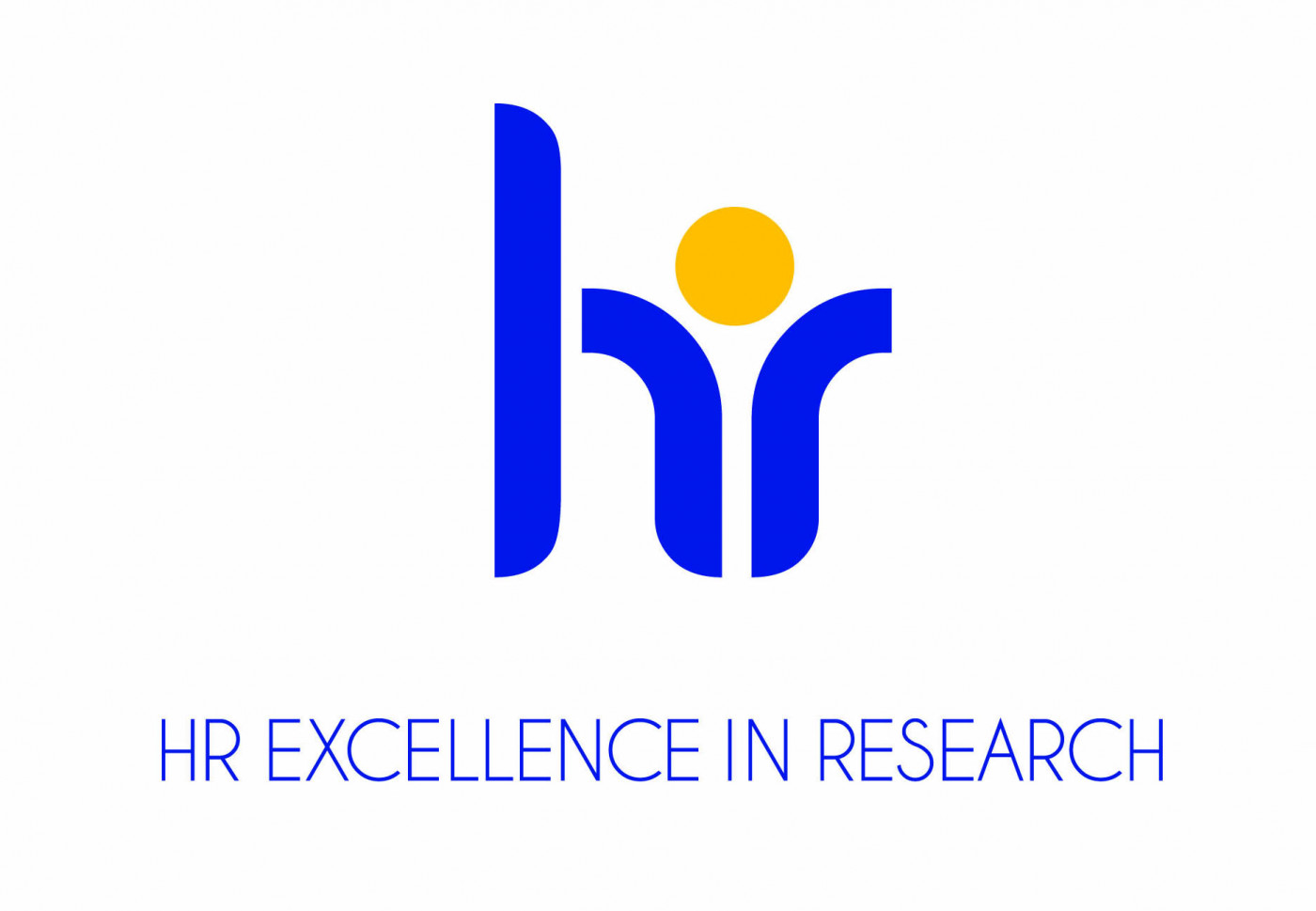 provide ‘bridging funding’ for the continuation of employment of research staff for a short-term (usually up to three months, but up to six months can be considered in exceptional situations) between research grants. BU’s Bridging Fund Scheme is intended to permit the temporary employment, in certain circumstances, of researchers between fixed-term contracts at BU, for whom no other source of funding is available, in order to:
provide ‘bridging funding’ for the continuation of employment of research staff for a short-term (usually up to three months, but up to six months can be considered in exceptional situations) between research grants. BU’s Bridging Fund Scheme is intended to permit the temporary employment, in certain circumstances, of researchers between fixed-term contracts at BU, for whom no other source of funding is available, in order to:
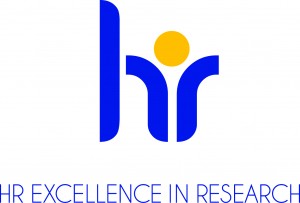
 In summer 2015, we launched the BU Bridging Fund Scheme which aims to provide additional stability to fixed-term researchers who are often employed on short term contacts linked to external funding. This situation may impact on continuity of employment due to breaks in employment, job security and can result in a costly loss of researcher talent for the institution.
In summer 2015, we launched the BU Bridging Fund Scheme which aims to provide additional stability to fixed-term researchers who are often employed on short term contacts linked to external funding. This situation may impact on continuity of employment due to breaks in employment, job security and can result in a costly loss of researcher talent for the institution.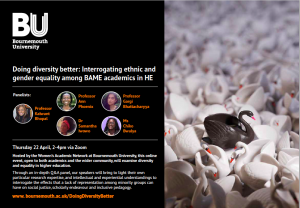
 The Women’s Academic Network (WAN) at BU are delighted to host this powerful and timely public engagement, open-to-all, Q&A Panel Discussion on one of the most important and urgent issues facing Higher Education (HE) in the UK today.
The Women’s Academic Network (WAN) at BU are delighted to host this powerful and timely public engagement, open-to-all, Q&A Panel Discussion on one of the most important and urgent issues facing Higher Education (HE) in the UK today.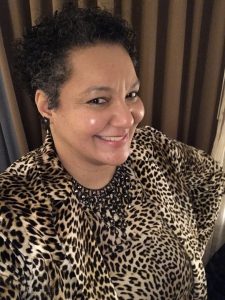 Speaker Information:
Speaker Information: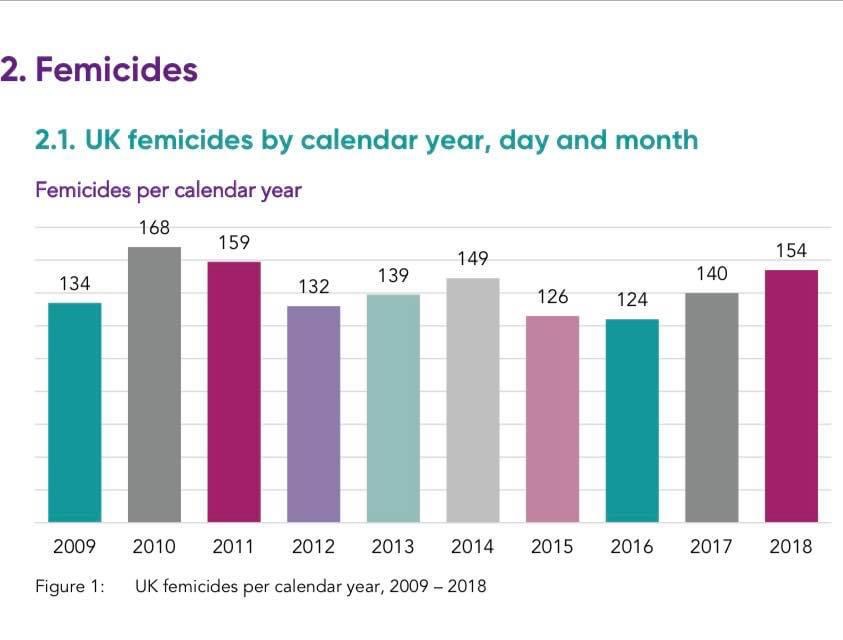
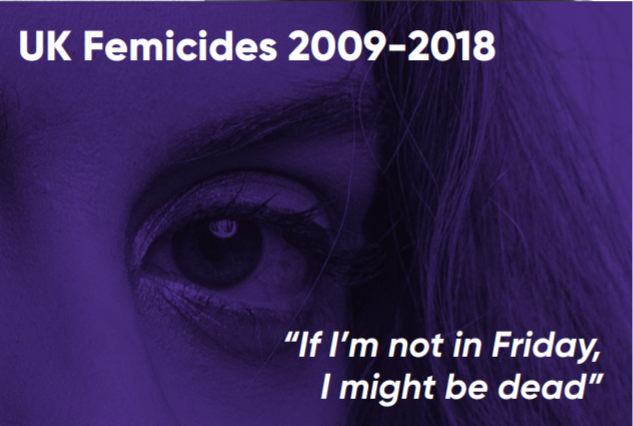
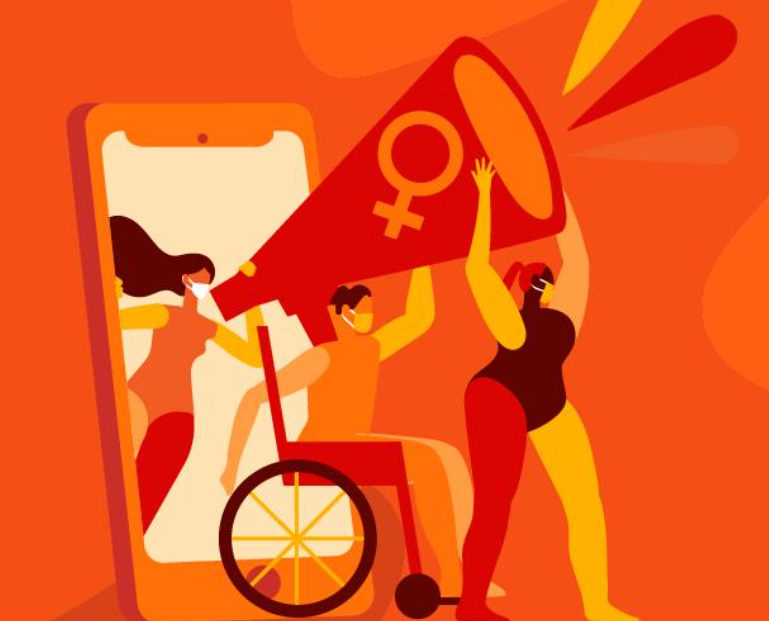
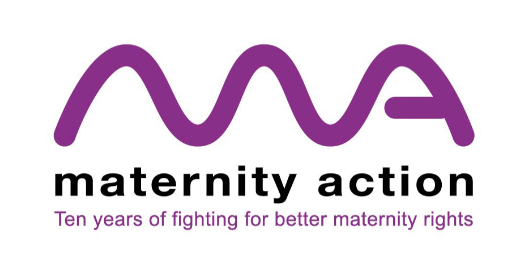 I attended a zoom meeting on the 25/11/20 hosted by Maternity Action (MA), which is the UK’s leading charity committed to ending inequality and improving the health and wellbeing of pregnant women, partners and young children – from conception through to the child’s early years. Part of their remit is the delivery of free, specialist advice through their telephone helplines, on employment rights, maternity pay and benefits. Maternity Action responds to 2,000 calls to their Maternity Rights Advice Line each year from women facing pregnancy discrimination at work or needing help understanding their employment rights. Shockingly, pregnant women or new mums experience high levels of discrimination and harassment, with circa 54,000 women losing their jobs each year as a direct result of pregnancy discrimination. One in 20 new mothers are made redundant during pregnancy, maternity leave or on their return to work.
I attended a zoom meeting on the 25/11/20 hosted by Maternity Action (MA), which is the UK’s leading charity committed to ending inequality and improving the health and wellbeing of pregnant women, partners and young children – from conception through to the child’s early years. Part of their remit is the delivery of free, specialist advice through their telephone helplines, on employment rights, maternity pay and benefits. Maternity Action responds to 2,000 calls to their Maternity Rights Advice Line each year from women facing pregnancy discrimination at work or needing help understanding their employment rights. Shockingly, pregnant women or new mums experience high levels of discrimination and harassment, with circa 54,000 women losing their jobs each year as a direct result of pregnancy discrimination. One in 20 new mothers are made redundant during pregnancy, maternity leave or on their return to work.
 e
e  The
The 










 Beyond Academia: Exploring Career Options for Early Career Researchers – Online Workshop
Beyond Academia: Exploring Career Options for Early Career Researchers – Online Workshop UKCGE Recognised Research Supervision Programme: Deadline Approaching
UKCGE Recognised Research Supervision Programme: Deadline Approaching SPROUT: From Sustainable Research to Sustainable Research Lives
SPROUT: From Sustainable Research to Sustainable Research Lives BRIAN upgrade and new look
BRIAN upgrade and new look Seeing the fruits of your labour in Bangladesh
Seeing the fruits of your labour in Bangladesh ECR Funding Open Call: Research Culture & Community Grant – Apply now
ECR Funding Open Call: Research Culture & Community Grant – Apply now ECR Funding Open Call: Research Culture & Community Grant – Application Deadline Friday 12 December
ECR Funding Open Call: Research Culture & Community Grant – Application Deadline Friday 12 December MSCA Postdoctoral Fellowships 2025 Call
MSCA Postdoctoral Fellowships 2025 Call ERC Advanced Grant 2025 Webinar
ERC Advanced Grant 2025 Webinar Update on UKRO services
Update on UKRO services European research project exploring use of ‘virtual twins’ to better manage metabolic associated fatty liver disease
European research project exploring use of ‘virtual twins’ to better manage metabolic associated fatty liver disease